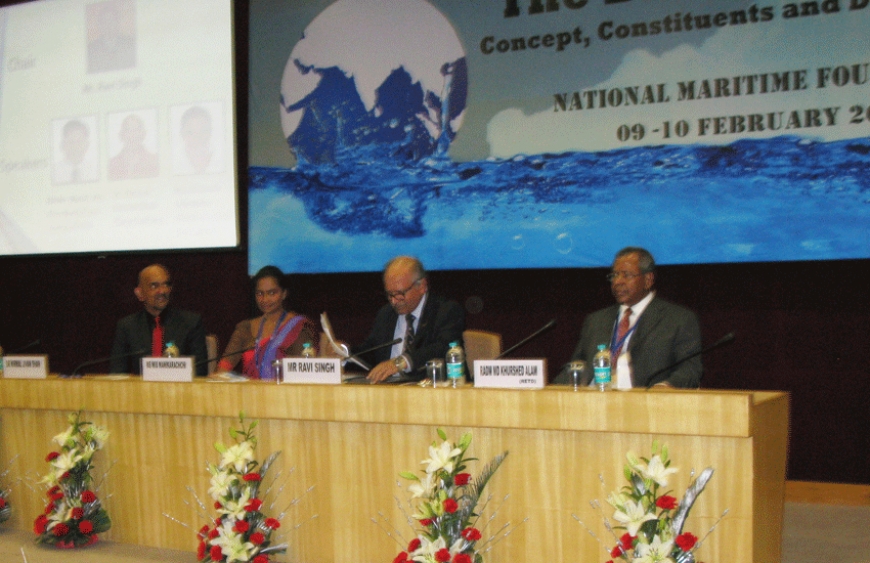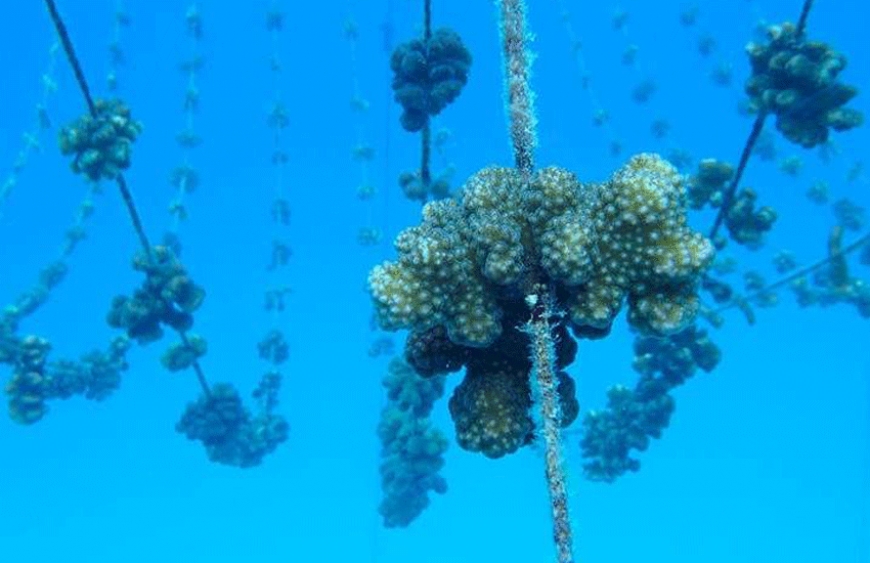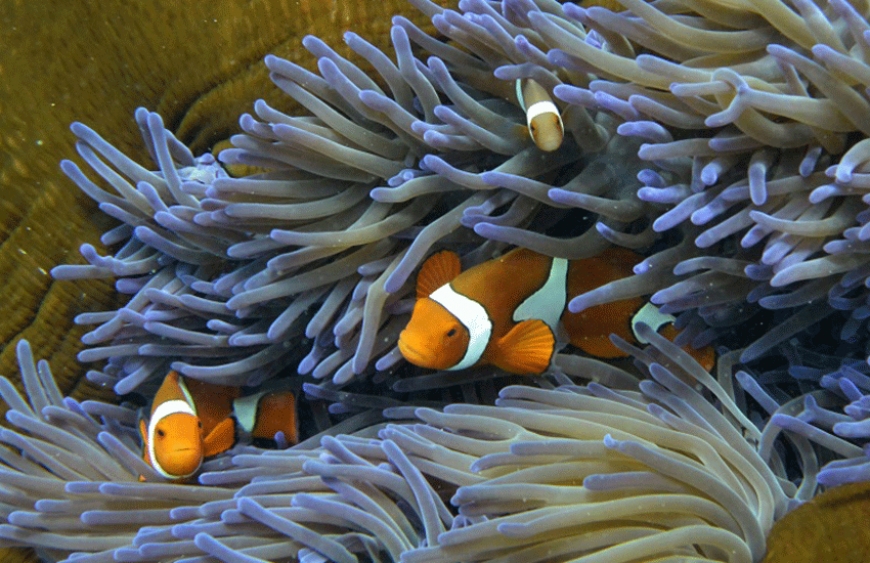“If we want the Blue Economy game to change then India is a game changer”. Dr. Nirmal Jivan Shah, Chief Executive of Nature Seychelles said this in an article published in August 2015 at the end of former President James Michel’s State Visit to India.
It can be difficult to tear oneself away from infants for an extended period of time, but the much needed R&R from their constant daily demands can make the homecoming gratifying. Nature Seychelles’ Reef Rescuers team Louise Malaisé and Austin Laing-Herbert had to temporarily leave their underwater coral family to spend time with their real families over the festive season. Louise, the Technical & Scientific Officer tells us about the worries they had on leaving, how keen they were to get back to their coral nurseries and what they found on their return.
AFP, 25th Jan 2017: Coral reefs that survive rapid bleaching fuelled by global warming remain deeply damaged, with little prospect of full recovery, researchers said Wednesday.


